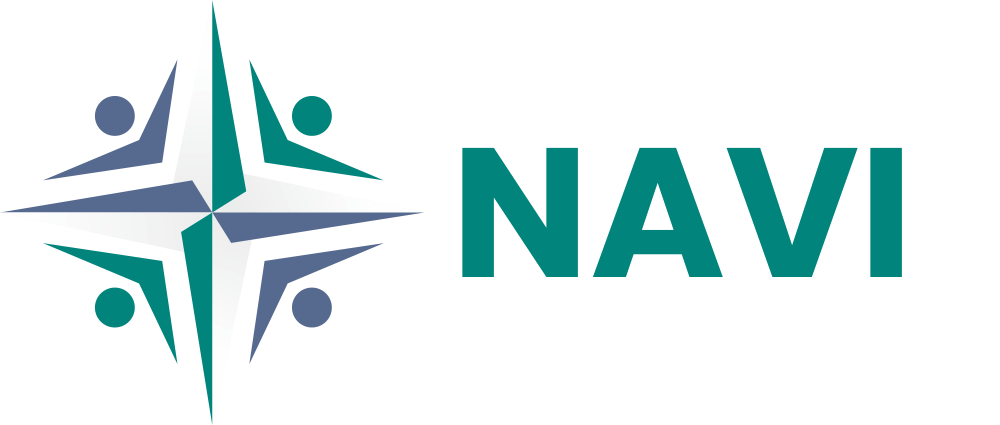[Cihan Aydıner]
The landscape of refugee entrepreneurship in the United States is one characterized by a complex interplay of inherent challenges and support programs. While the federal government endeavors to provide opportunities for refugees and asylees through various initiatives, the journey towards entrepreneurship is far from straightforward. Many women refugee entrepreneurs face a myriad of obstacles, including legal, financial, cultural, market-related, and gender-related challenges. These nuanced barriers underscore the need for proactive precautions and strategic development steps to ensure that the potential of these individuals is not stifled.
Entrepreneurship, irrespective of gender or refugee status, requires a unique blend of qualities such as determination, resilience, flexibility, creativity, and leveraging social capital. For women refugees, these attributes are accentuated by their distinct experiences. Starting a business in an unfamiliar geographical region necessitates a deep understanding of local laws, regulations, and markets. Accessing financial options like government grants and micro-loans is crucial, as is establishing a network within the new social environment. Mentorship programs emerge as invaluable resources that can amplify the chances of success.
However, the journey is not without its hurdles. The integration process brings language barriers and cultural differences as well as trauma that set refugee entrepreneurs apart. Despite these challenges, the resilience cultivated through necessity drives many refugee entrepreneurs to establish successful businesses that contribute significantly to local economies. The limitations of the formal labor market often push them towards entrepreneurship, where their unique skills, experiences, and motivation become assets.
Our recent research projects (Aydiner et al., 2023; Rider & Aydiner, 2023; Aydiner & Rider, 2022a, 2022b) delve into the rewarding journey of economic independence experienced by refugee entrepreneurs in the USA. Through scholarly reviews and semi-structured interviews, the study (Aydiner et al., 2023) highlights the tensions and triumphs that women refugee entrepreneurs encounter. These narratives underscore their determination to find personal meaning through entrepreneurship and regaining economic and social status, even in the face of adversity.
The interaction between refugees and the host country’s economy is a complex one. The formal economy is challenging to access for refugees because foreign credentials are often not accepted and they lack access to work permits. As a result, refugees tend to be led down a pathway of becoming re-credentialed or finding another line of work in the formal market, or pursuing entrepreneurship in the informal economy. While government policies stimulate entrepreneurial options out of necessity, refugees find hope in leveraging their skills for income generation. While this process may circumvent the formal labor market’s bureaucratic barriers, it places immense pressure on refugees to be innovative, hardworking, and resilient, despite limited capital. As a result, refugees seek out various social capital and networks from both their country of origin and host country.
Conclusion
Unfortunately, existing government policies may not adequately address formal labor market access. Entrepreneurship assistance programs become critical in offering information and competitive small loans or grants, however, the latter can lead to cycles of debt. The glorified notions of entrepreneurship do not always align with the reality faced by refugees. Startup knowledge, local context, bank access, identifying a business or service, and resources can pose significant obstacles in addition to refugees managing trauma, and unfamiliar cultures and social institutions. Additionally, entrepreneurship might not guarantee the stability associated with traditional formal labor, and may lead to less pay and no access to healthcare.
Despite these challenges, our studies reveal the agency exhibited by women refugee entrepreneurs. Their resourcefulness in finding niches in the market, contacting and interacting with organizations for resources, and building businesses from the ground up reflect their resilience. This underscores the importance of policies that empower these women economically and personally.
Moving forward, the study calls for further research to expand the understanding of this underexplored area. Larger qualitative and quantitative studies can reveal more patterns and experiences. Comparative research across countries and regions can offer insights into economic policies’ impact on refugee integration. As refugees continue to contribute to their host countries’ economies, understanding their experiences can drive policy reforms that accelerate their journey towards economic independence and societal integration.
References
Aydiner, C. & Rider, E. (Forthcoming). Breaking Barriers: Women Refugee Entrepreneurship and Integration Frameworks in America. In N. Ranabahu, H. P. de Vries, & R. T. Hamilton (Eds.), Refugee Entrepreneurship: A Research Companion (pp. xx-xx). Routledge.
Aydiner, C., & Rider, E. L. (2022). Reskilled and Integrated, but How? Navigating Trauma and Temporary Hardships. International Journal of Environmental Research and Public Health, 19(20), 13675. https://doi.org/10.3390/ijerph192013675
Aydiner, C., & Rider, E. (2022). Migration policies and practices at job market participation: Perspectives of highly educated Turks in the US, Canada and Europe. International Journal of Sociology and Social Policy, 42(5/6), 399-415. https://doi.org/10.1108/IJSSP-02-2021-0044
Rider, E. L., & Aydiner, C. (2023, May). Re-skilled and integrated? But, how? Examining conceptual challenges in the literature from the standpoint of highly educated Turkish migrants. In Sociological Spectrum (Vol. 43, pp. S20-S21). Taylor & Francis Inc.
Documentary (research) | Exiled Hopes | Outstanding Excellence at Docs Without Borders Film Festival 2023 | Official selection at several international film festivals | https://www.youtube.com/watch?v=34XecO3oMwM | Published on ResearchTV https://www.researchtv.ca/videos/exiled-hopes
Dr. Cihan Aydiner is an Assistant Professor and program director of Homeland Security at Embry-Riddle Aeronautical University Worldwide (ERAU-W). He has had prior academic and professional roles at Louisiana State University, Hybridcore (an AI-Powered Decision-Making Company), and Army. He has doctoral and master’s degrees in Sociology from Louisiana State University and a master’s degree in National and International Security Management from Army War College. He has many funded grant projects, publications, documentary films, and technical reports. Dr. Aydiner’s current research focuses on the complex interdependencies among policy, homeland security, and international migration.

